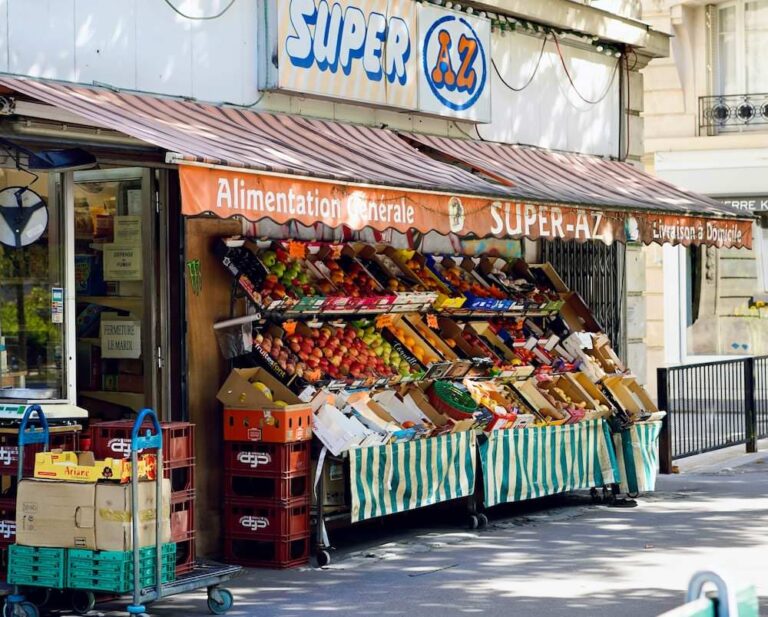such
The English word “such” can express similarity, degree, or type, and it appears in several common structures: such a person, such times, such an interesting idea, I’ve never seen such beauty, at such a price, etc. In French, no single word covers all these uses. The most frequent equivalents are tel / telle / tels…









